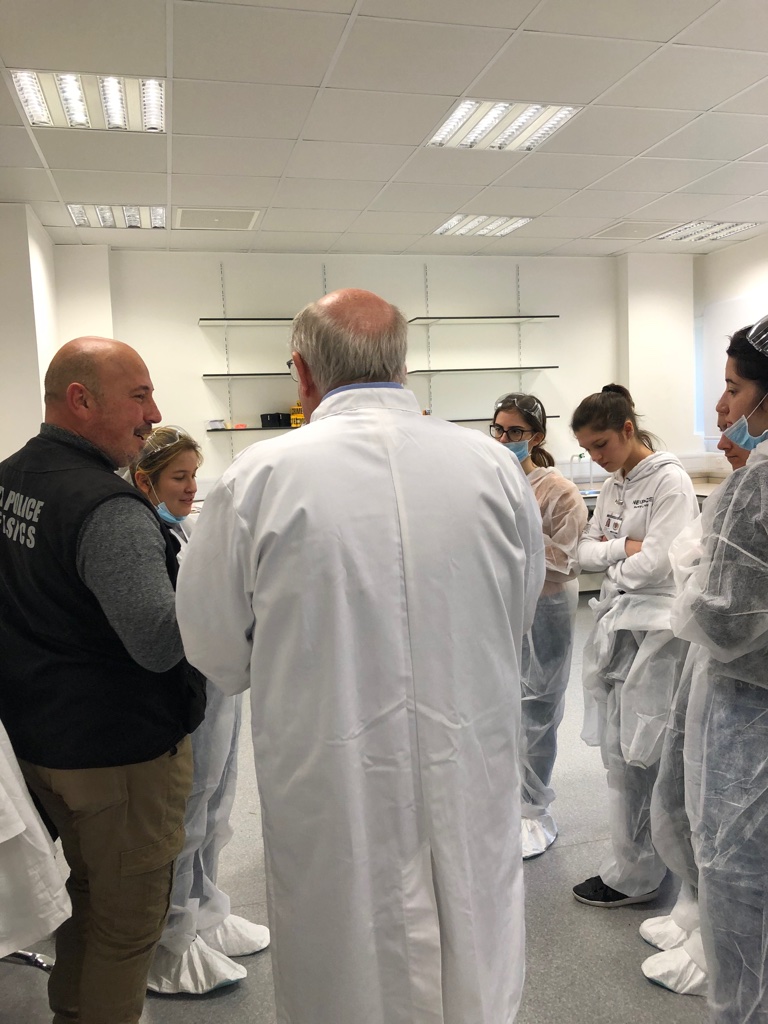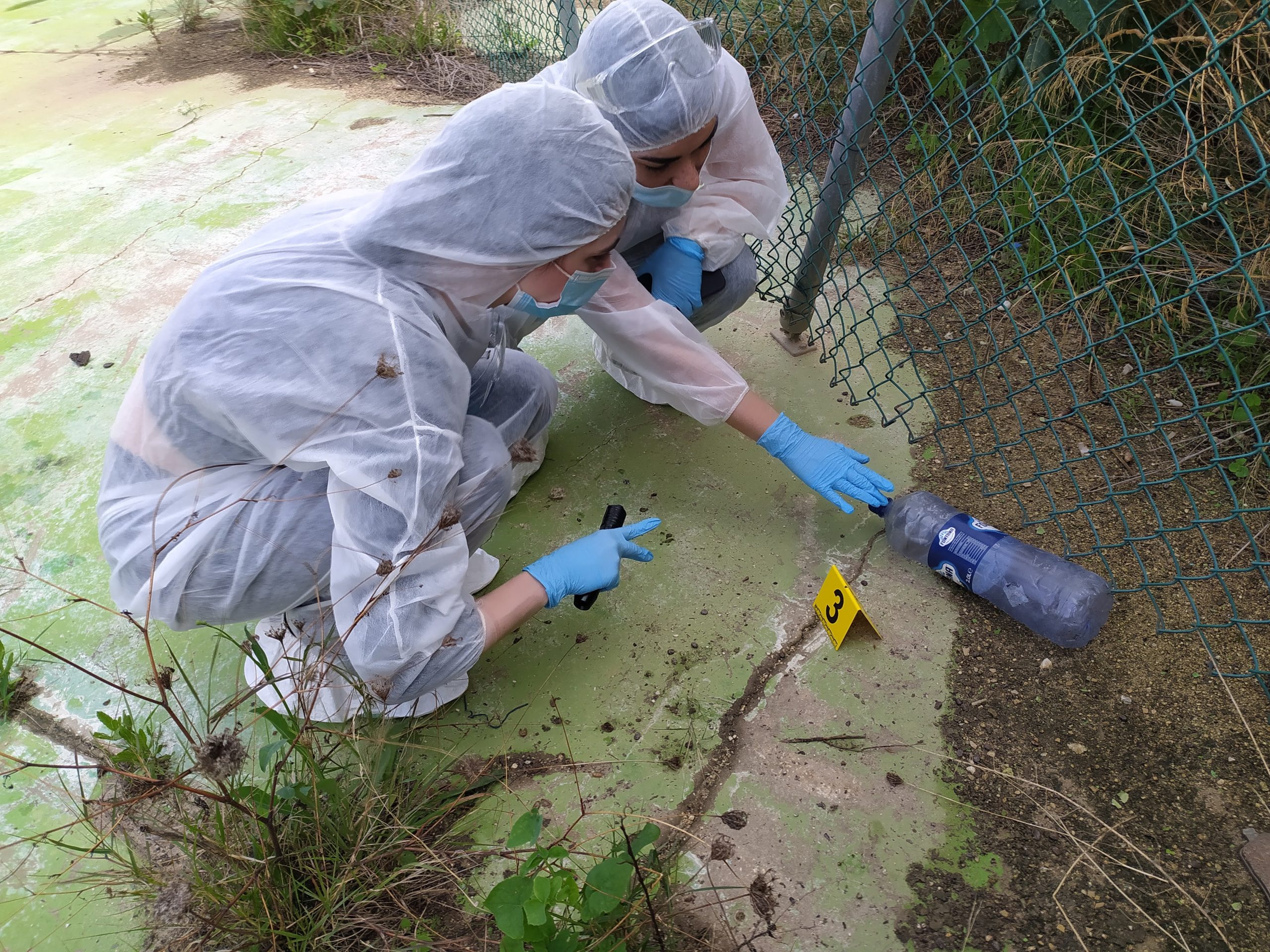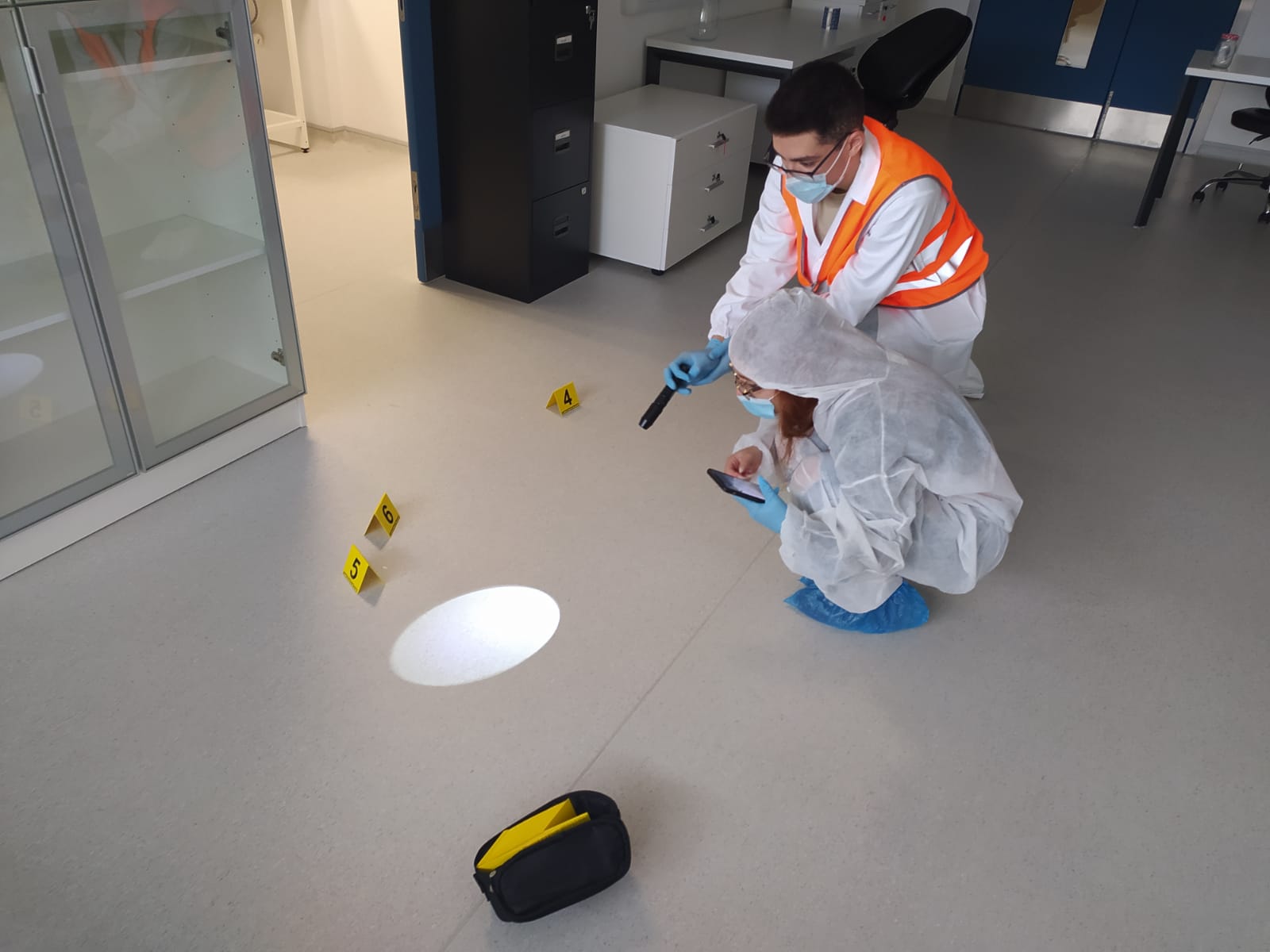Criminology
BSc (Hons) Investigative Criminology and Criminal Psychology
This programme is the result of a project that aims to apply the techniques of criminology both to criminal investigations and security.
Modern criminology has been developed as the science that studies a crime and its key players, both culprits and victims, on a macro level through social research activities and is an important instrument for decision-makers and experts of the criminal system. Towards the end of the 20th century, the horizons of criminology were considerably widened and the knowledge and skillset from criminology have been used increasingly in the fields of criminal investigation and security. In fact, the evolution of the science of criminology, especially psychology, psychiatry and modern neurosciences, offer investigators and experts in security important tools for the identification of criminals, to help victims, to prevent illicit activity and to manage emergencies.
Therefore, our BSc in Investigative Criminology and Criminal Psychology is the most suitable Degree programme for students who wish to operate in an emerging field for criminal investigation based on knowledge and technical skills that can be applied directly on the field and in police forces, private investigations and corporate security.
COURSE MAIN INFORMATION
Area: Criminology and Psychology
Duration: Full-time 3-year undergraduate programme
Final qualification: European Qualification Framework Level 6
Accreditation: Malta Further and Higher Education Authority
Category: Higher Education Programme
Credits: 180 ECTS; 60 ECTS per academic year
Delivery Method: Virtual Classroom and real-life laboratory
Hours: 1200 hours
Attendance: 90% compulsory for each module (theory and laboratory if applicable)
Laboratory sessions: In presence at our lab
Written Assessments: In presence
Language of instruction: English or Italian
Academic year: Starts every Autumn

Teaching Method
THEORY LESSONS Live Virtual Classroom with lecturer on our Digital Campus (MS Teams), attendance is compulsory.
FACE-TO-FACE CLASSROOMS AND LABORATORY SESSIONS
Students are required to travel to Malta and attend mandatory laboratory sessions at our educational labs and classrooms.
EXAMS AND RESITS
In presence at our educational labs and classrooms.
PRACTICAL WORK EXPERIENCE
400 hours of work experience.
FINAL DISSERTATION
Online presentation and submission.
OPTIONAL SEMINARS
Students are encouraged to join training, workshops and events organised in the field of Forensic Sciences and Criminology by international organizations and associations.
Application Based Teaching
Teaching at the European Forensic Institute reflects practical demands of the profession. The ultimate goal is to bring the student to a level where they are able to apply what they’ve learnt during the programme, which focuses on what is needed professionally and applied during intensive laboratory sessions.
Job-oriented learning
Being a student at the European Forensic Institute means acquiring knowledge, skills and competences directly from the source. From forensic practitioners that work on a day-to-day basis as experts in the field they teach. In fact, our lecturers are working forensic consultants or researchers, giving student the unique opportunity to interact with lecturers both professionally as well as academically. In other words, being a student at the European Forensic Institute means “learning about a job in the job market”.
Career paths
The BSc (Hons) in Investigative Criminology and Criminal Psychology trains future experts that will be able to carry out their activities in the following fields:
Investigative (judicial police and private investigations)
Private businesses (internal controls, fraud prevention)
Behavioural research (testing, investigative)
Journalism (investigative, content creator, copywriter)
Public sector (public security, emergency response, counselling)
Judiciary (criminal and civil proceedings)
Work with rehab communities (e.g.: minors, addictions, convicts on probation)
Graduates can expect to work for private investigation practices, law firms, research laboratories, forensic investigation practices, insurance companies, banks, private companies and other business or institutions that require a highly trained professional in scientific and technical investigation, safety and prevention.

















